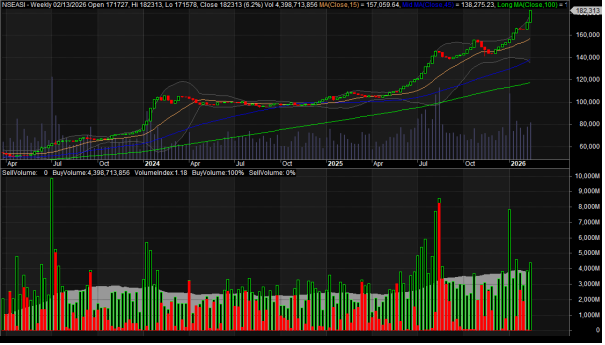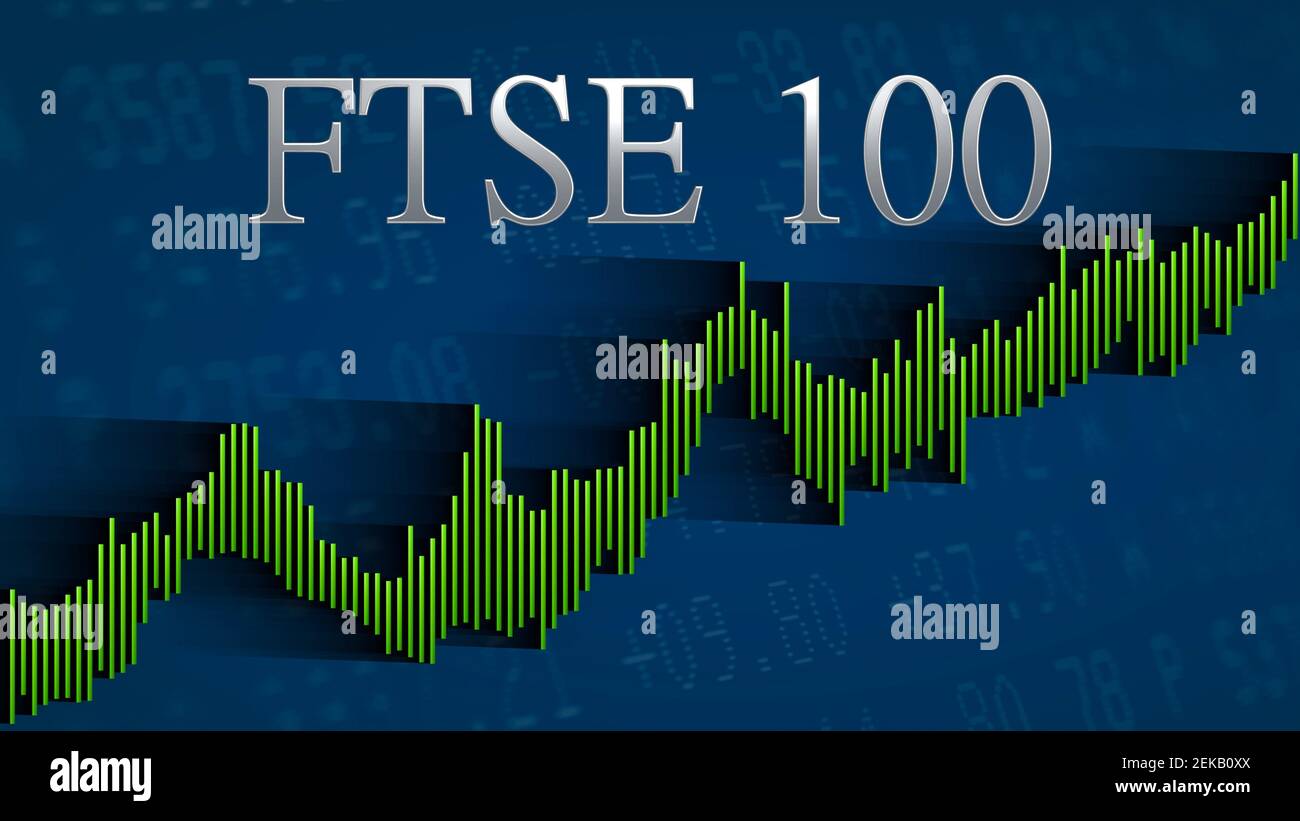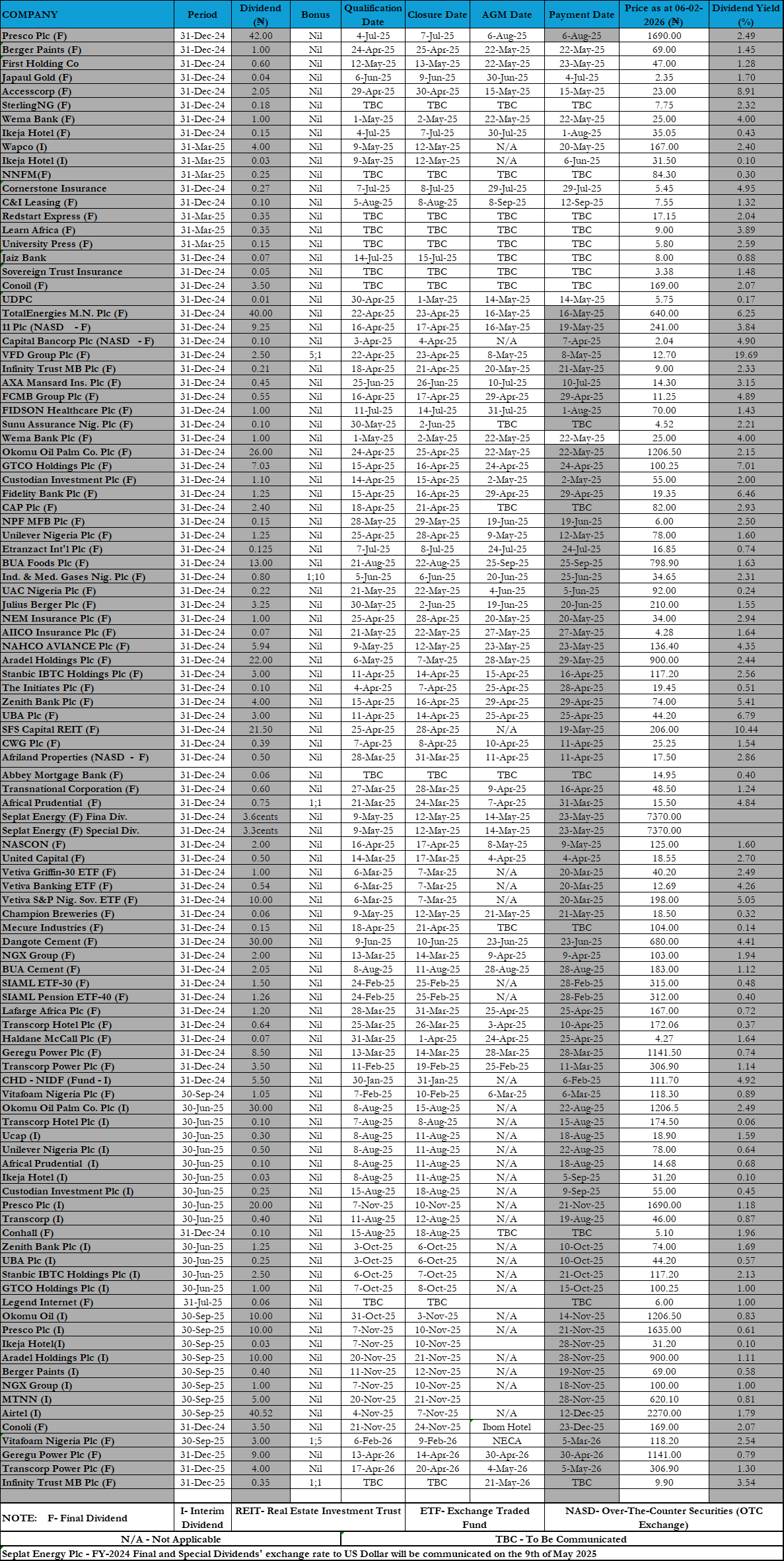
By Daniel Wesonga
Kenyan stocks face the risk of further decline, continuing Friday’s momentum, which saw the NSE20 share index drop by 0.88%. The market could be exposed to profit-taking after a strong rally since October 2023. On a positive note, the broader market sentiment remains not heavily bearish, with only 4 out of 14 sectors in the red.
The financial sector, which is the largest segment of Kenya’s equity market, declined by 0.63%, followed by declines in Communications and Distribution Services, down 0.29% and 2.66%, respectively. Large-cap stocks such as Safaricom (-0.29%), Equity Group (-2.23%), East African Breweries (-2.70%), and KCB Group (-1.72%) were major contributors to the market downturn. While some positive performance in banks such as ABSA Bank (+0.28%), Co-Operative Bank (+1.12%), and NCBA Group (+1.87%) provided limited support, the overall market outlook remains uncertain, with a bearish bias unless broader conditions improve.
Kenya’s inflation rate rose to 3.3% in January, driven by higher food (6.1%) and transport (0.7%) costs. Whilst still below the central bank’s 5% target, the increase could weigh on consumer spending, particularly in inflation-sensitive sectors such as retail. However, inflation is expected to remain below the midpoint of the target range, which should offer some reassurance to investors.
The easing of inflation pressures could provide support to the domestic equity market, although rising costs could still impact profitability in certain sectors. The Central Bank of Kenya’s decision to cut the benchmark interest rate by 75 bps to 11.25% in December indicates continued efforts to stimulate growth, which may continue to provide support to interest-sensitive sectors going forward.
Wesonga is Senior Sales Manager at Pepperstone














